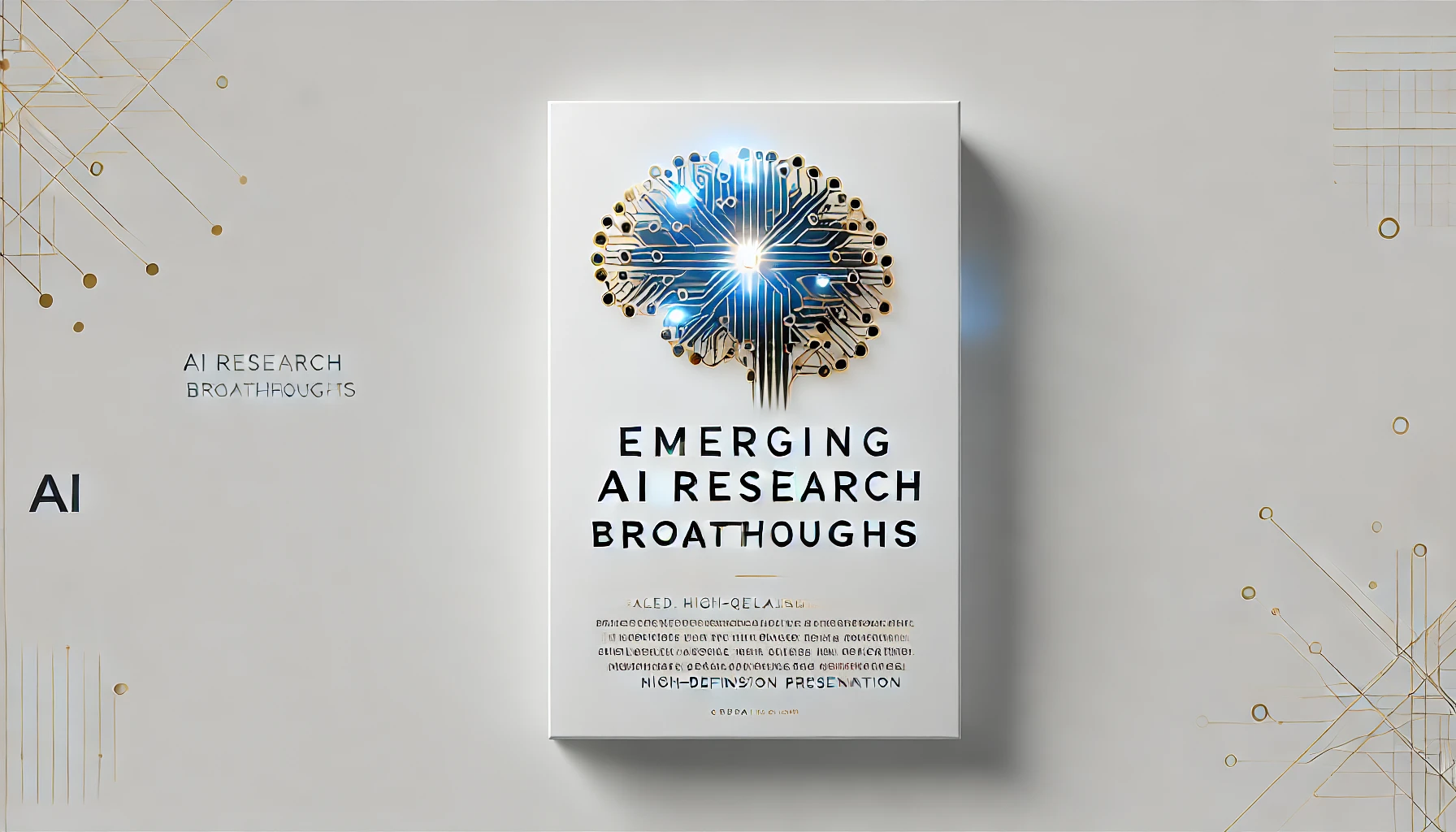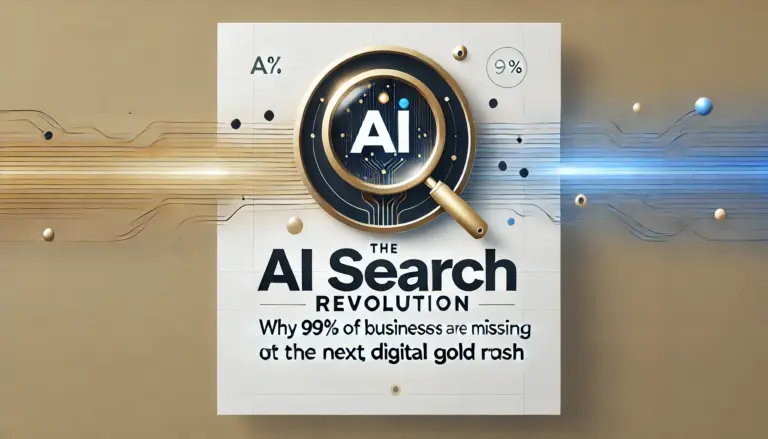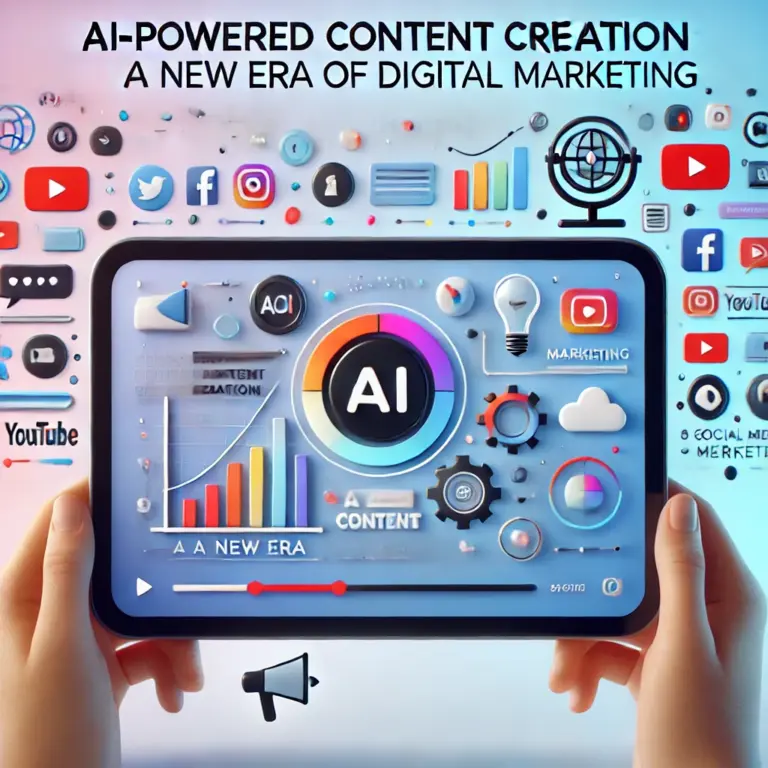Artificial Intelligence (AI) has rapidly evolved, leading to groundbreaking advancements that are reshaping various industries. From innovative architectural designs to state-of-the-art machine learning techniques, AI’s influence is profound and far-reaching. This article delves into the latest emerging AI research breakthroughs, highlighting key architectural innovations, cutting-edge machine learning methodologies, and potential future technological disruptions.
Emerging AI Research Breakthroughs
The landscape of AI research is dynamic, with continuous developments pushing the boundaries of what’s possible. Recent studies have showcased AI’s capability to accelerate scientific discovery by bridging theoretical principles with practical applications. For instance, AI algorithms have been developed to enhance the accuracy and speed of simulations for physical systems, which are traditionally reliant on substantial computational resources. These frameworks, known as “neural operators,” enable AI models to incorporate physical laws and learn shortcuts from training data, leading to efficient and precise simulations.
Latest Architectural Innovations in AI
In the realm of architecture, AI-driven tools are transforming the built environment by merging disciplines like neuroscience, psychology, and engineering. Science-led design, powered by AI, facilitates data-driven decisions, improving building performance, urban planning, and human well-being. For example, AI is being utilized to analyze vast datasets, leading to optimized design solutions that enhance both aesthetics and functionality.
Cutting-Edge Machine Learning Techniques
Machine learning, a subset of AI, has seen remarkable advancements, introducing innovative techniques that stretch the limits of what’s possible. Recent trends include the development of AI models that minimize human intervention through reinforcement learning, allowing models to generate accurate answers by taking more time to “think” about responses. This approach reduces reliance on extensive human data labeling, making AI development more efficient and cost-effective.
Potential Future Technological Disruptions
The rapid evolution of AI suggests potential future disruptions across various sectors. In healthcare, AI is transforming the practice of medicine by enhancing diagnostic accuracy and personalizing treatment plans. In architecture, AI is enabling the design of complex structures that were previously unimaginable, pushing the boundaries of creativity and functionality. As AI continues to integrate into different industries, it is poised to drive significant technological disruptions, leading to more efficient processes and innovative solutions.
Conclusion
The ongoing advancements in AI research are paving the way for a future where technology seamlessly integrates into various aspects of life. From architectural innovations to cutting-edge machine learning techniques, AI is at the forefront of driving change and fostering innovation. Staying informed about these emerging breakthroughs is crucial for leveraging AI’s full potential and preparing for the technological disruptions on the horizon.
FAQs
What are neural operators in AI?
Neural operators are frameworks that enable AI models to incorporate physical laws and learn shortcuts from training data, leading to efficient and precise simulations.
How is AI transforming architectural design?
AI-driven tools are reshaping architectural design by facilitating data-driven decisions, and improving building performance, urban planning, and human well-being.
What are the latest trends in machine learning?
Recent trends in machine learning include the development of AI models that minimize human intervention through reinforcement learning, allowing for more efficient and cost-effective AI development.
How is AI impacting healthcare?
AI is transforming healthcare by enhancing diagnostic accuracy, personalizing treatment plans, and improving patient outcomes through advanced data analysis and predictive modeling.
What potential disruptions could AI cause in the future?
AI has the potential to disrupt various sectors by automating processes, enhancing decision-making, and fostering innovation, leading to more efficient operations and the development of new products and services.
How can businesses prepare for AI-driven technological disruptions?
Businesses can prepare by staying informed about AI advancements, investing in AI research and development, and integrating AI solutions into their operations to enhance efficiency and innovation.




